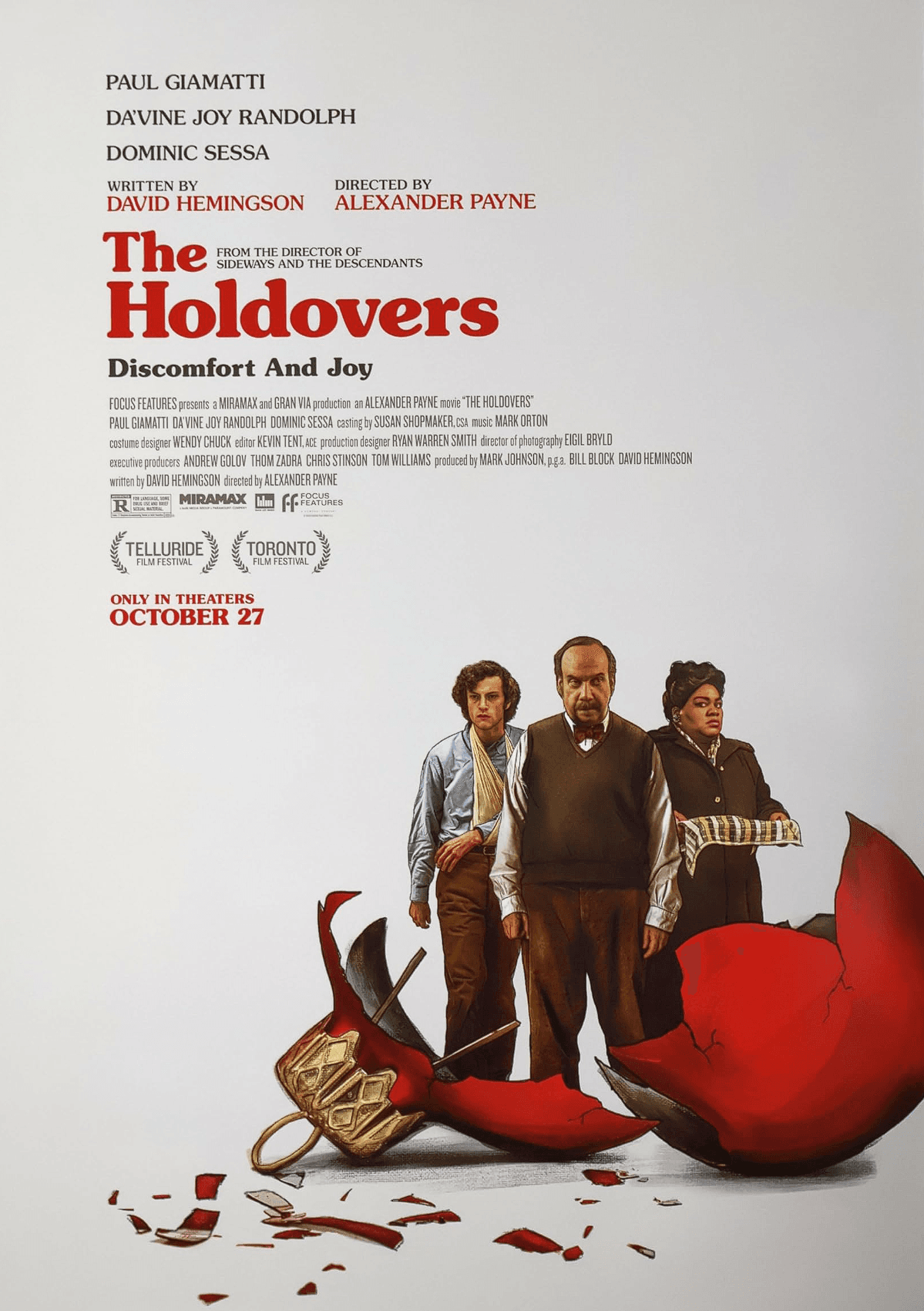
The Holdovers
2023
Rate this movie
Average: 5.00 / 5
(1 votes)
Director
The first thing that strikes you about The Holdovers is its aesthetic. Payne doesn't just pay homage to the 1970s; he resurrects them. From the grain of the film to the desaturated color palette—the browns, grays, and muted greens of wintertime New England—from the slow zooms that scrutinize the characters to the cross-fades, to the font used for the opening credits (complete with fake scratches on the film), every formal choice is an act of philological devotion. You get the palpable feeling that you are watching a film directed by Hal Ashby, the melancholic poet of that cinema. The work breathes the air of classics such as Harold and Maude or The Last Detail, sharing their bittersweet humanism, their attention to misfits, and a humor that arises from pain. It is a film that seems to be fifty years old, in the noblest sense of the term. A philological attention to detail that evokes the aesthetic rigor of Wes Anderson.
But aesthetics alone would be an empty shell. The real miracle of the film is its return to a type of storytelling that contemporary cinema has almost forgotten: a story based entirely on characters, their imperfections, their wounds, and the chemistry between them. In an era dominated by plot and high concepts, Payne makes a radical gesture: he stops and listens to three lost souls.
Paul Hunham (Paul Giamatti giving the performance of his career) is not your usual gruff professor with a heart of gold. He is a failed intellectual, a man whose erudition and cynicism are a shield to protect a heart broken by disappointment and class injustice. His fishy smell and lazy eye are not gags, they are signs of profound loneliness.
Angus Tully (newcomer Dominic Sessa, a revelation) is not your typical rebellious teenager. He is a brilliant, witty, and fragile boy, terrified of abandonment and masked by arrogance that is merely a defense mechanism.
Mary Lamb (Da'Vine Joy Randolph, rightly awarded an Oscar) is the emotional anchor of the film. A school cook and mother mourning her son who died in Vietnam, she embodies a dignified and stoic grief that exposes Paul's intellectual self-pity and Angus' immaturity.
The interaction between these three characters, forced to spend Christmas break together in the deserted boarding school, has the psychological depth of a J.D. Salinger novel. It is a story about the search for authentic connection in a world of hypocrites, an encounter between lonely souls who, for a brief, fragile moment, create a surrogate family, as unlikely as it is necessary.
At this point, someone might raise the most obvious objection, the one related to flu anxiety. Is The Holdovers a masterpiece of craftsmanship or a seminal work of art? It does not break new ground in the same way as, for example, a work such as Everything Everywhere All at Once (to stay in the contemporary realm). Its innovation is by subtraction: it strips modern cinema of its trappings and frenzy to return to an almost classic narrative essence. In a cinematic ecosystem saturated with franchises, shared universes, and narratives that always look to the next chapter, a film so fiercely self-contained, so devoted to the complexity of its characters and the perfection of its screenplay, is not an act of nostalgia. It is a radical act of resistance.
That is why the film's supposed weakness is, in fact, its greatest strength. It proves that humanist cinema, founded on words and performance, is not “old and outdated,” but timeless. Its perfection is not academic and sterile; it is alive, pulsating, capable of generating deep and universal empathy. Payne's film enters the canon not as an innovator who breaks down doors, but as a guardian who keeps them open. It is a work that, with love and mastery, reminds us of a form of storytelling that we risk forgetting, proving that it is still necessary, powerful, and moving today. In an age of formal and intellectual complexity, sometimes a perfectly written, divinely acted film that warms your heart with its melancholic intelligence is not just a pleasure, it is a necessity.
Country
Gallery
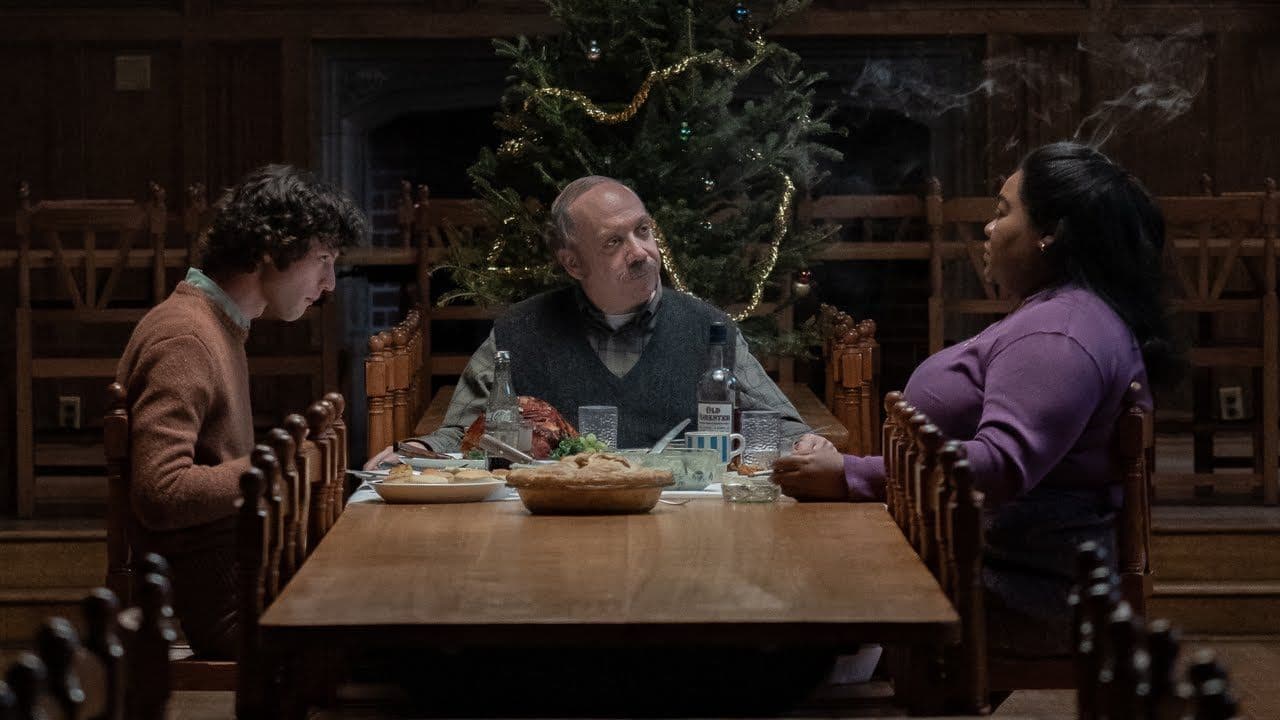
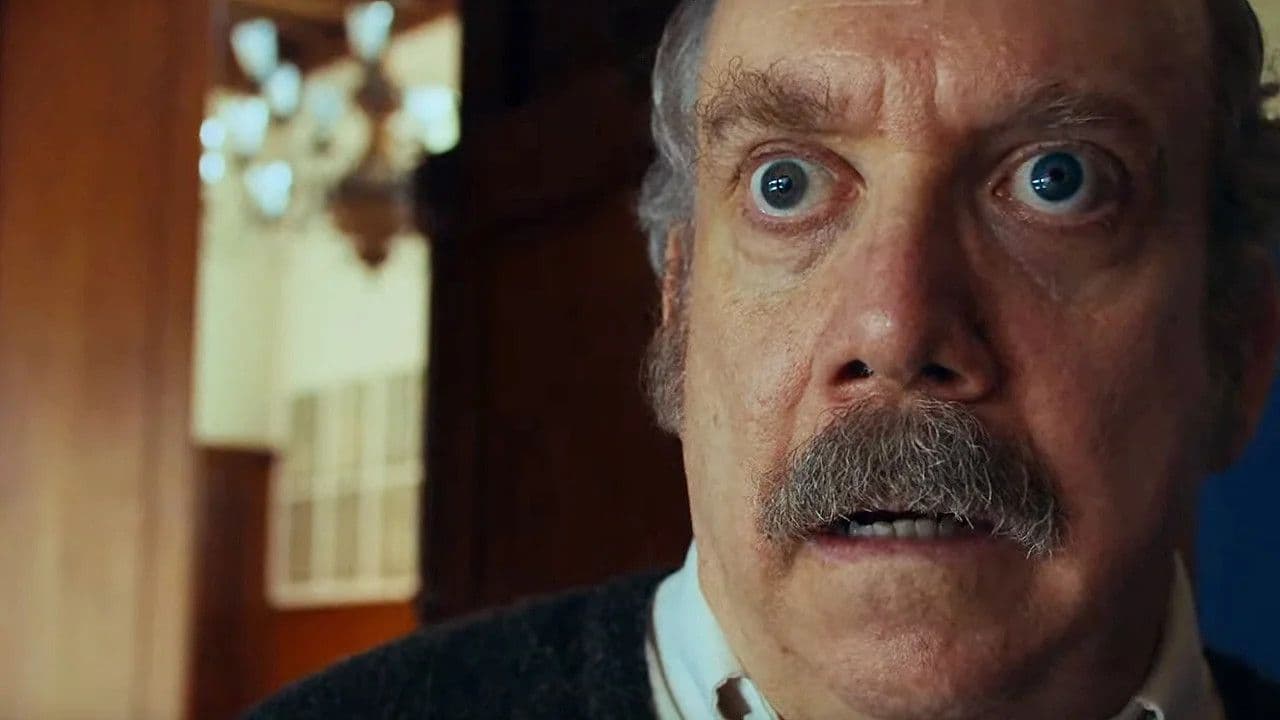
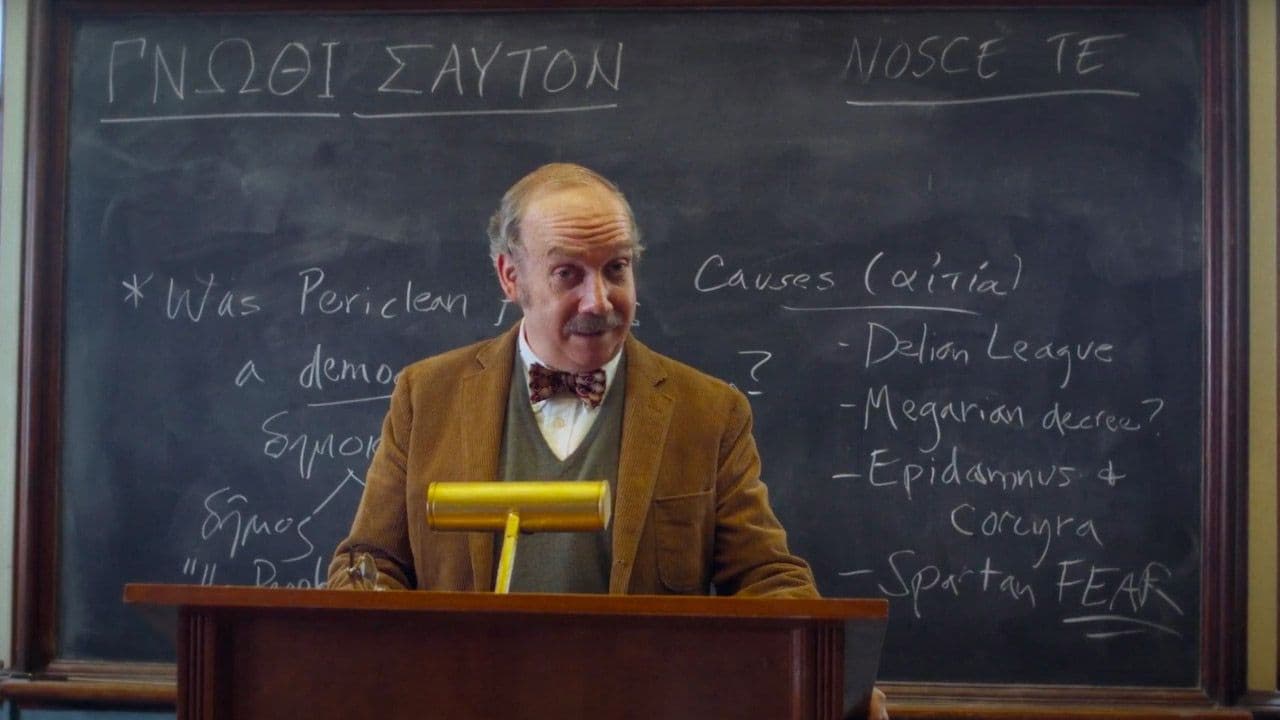


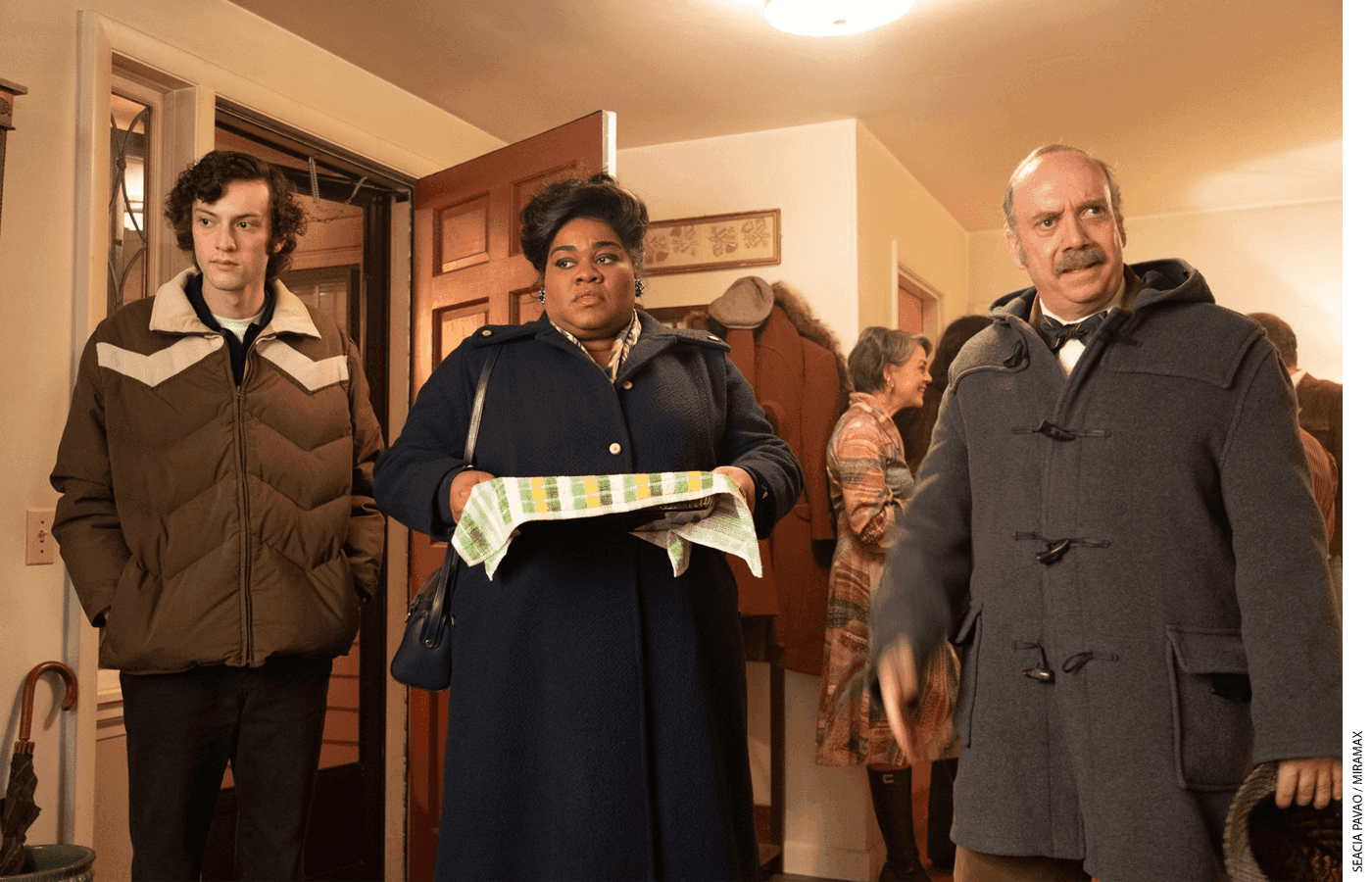
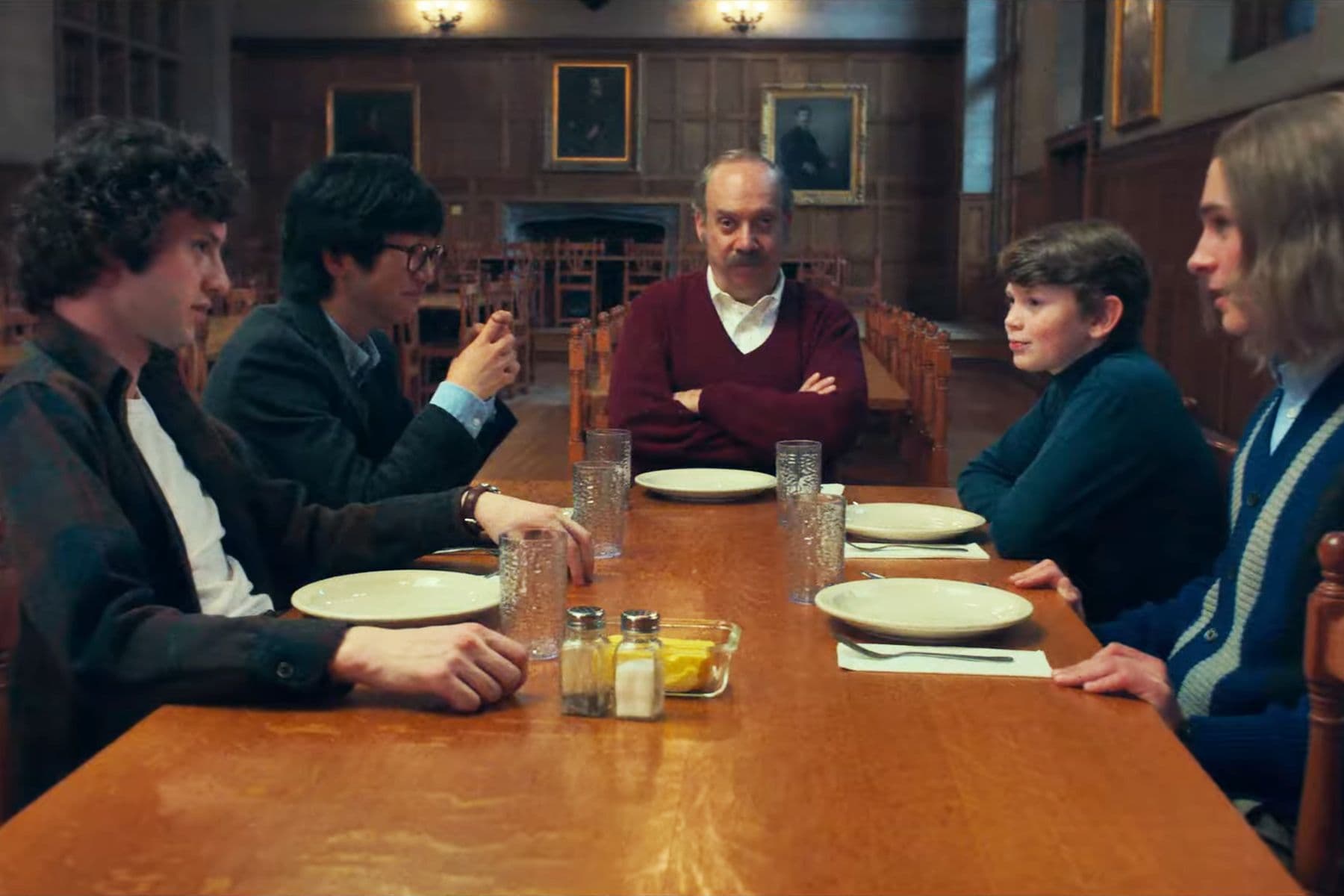
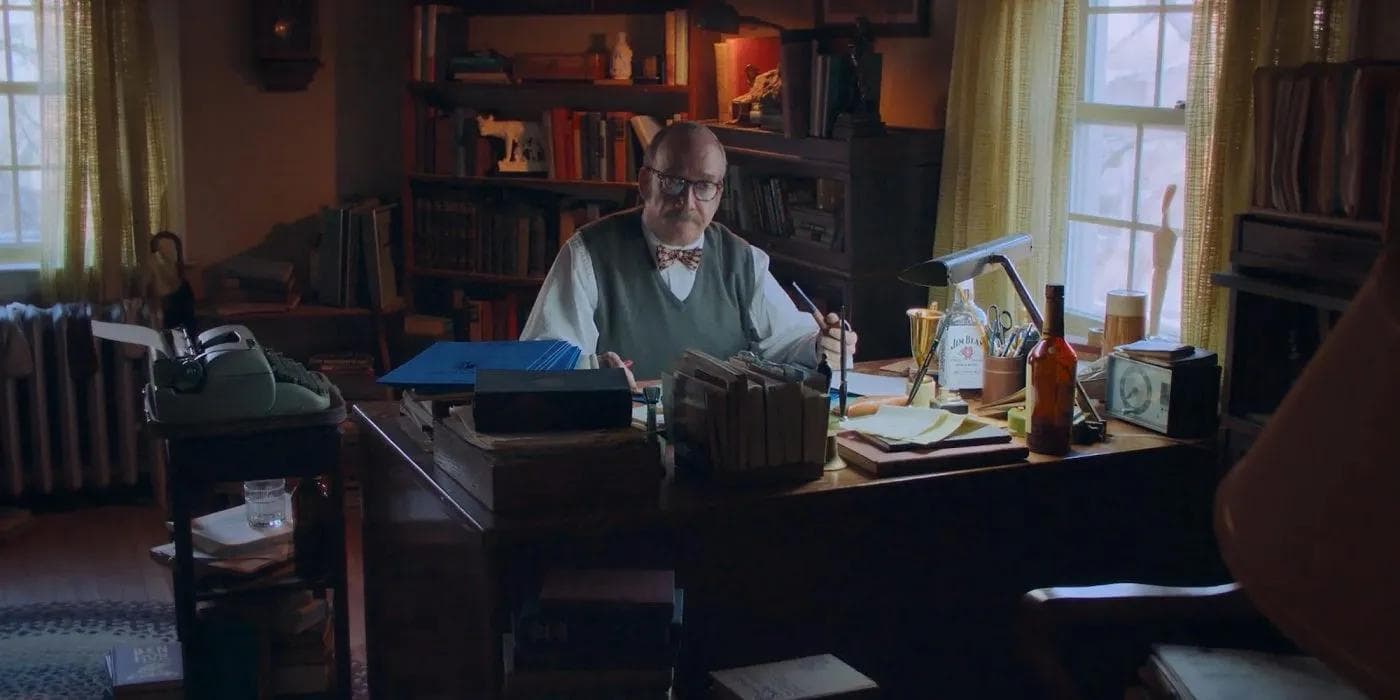


Featured Videos
Trailer
Comments
Loading comments...